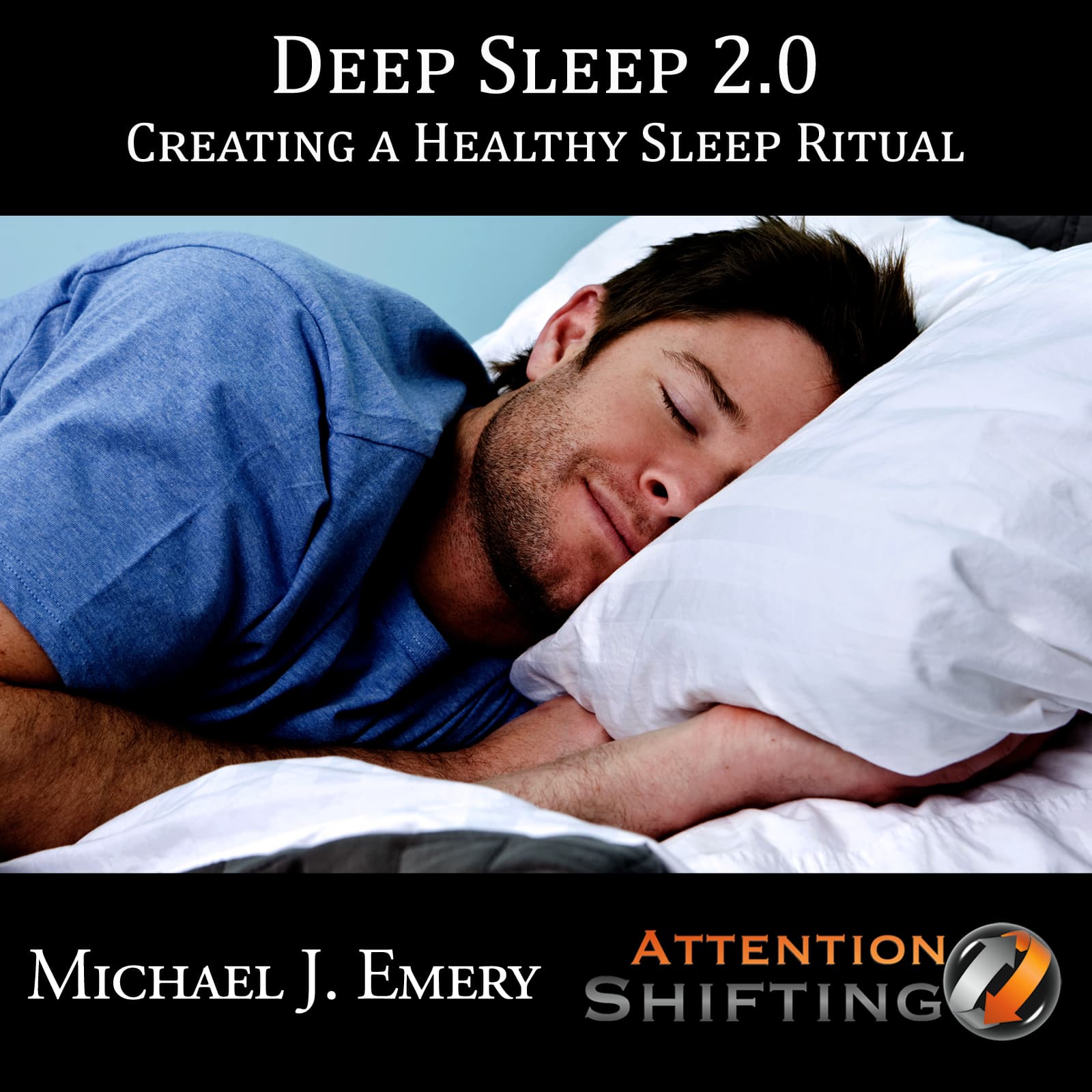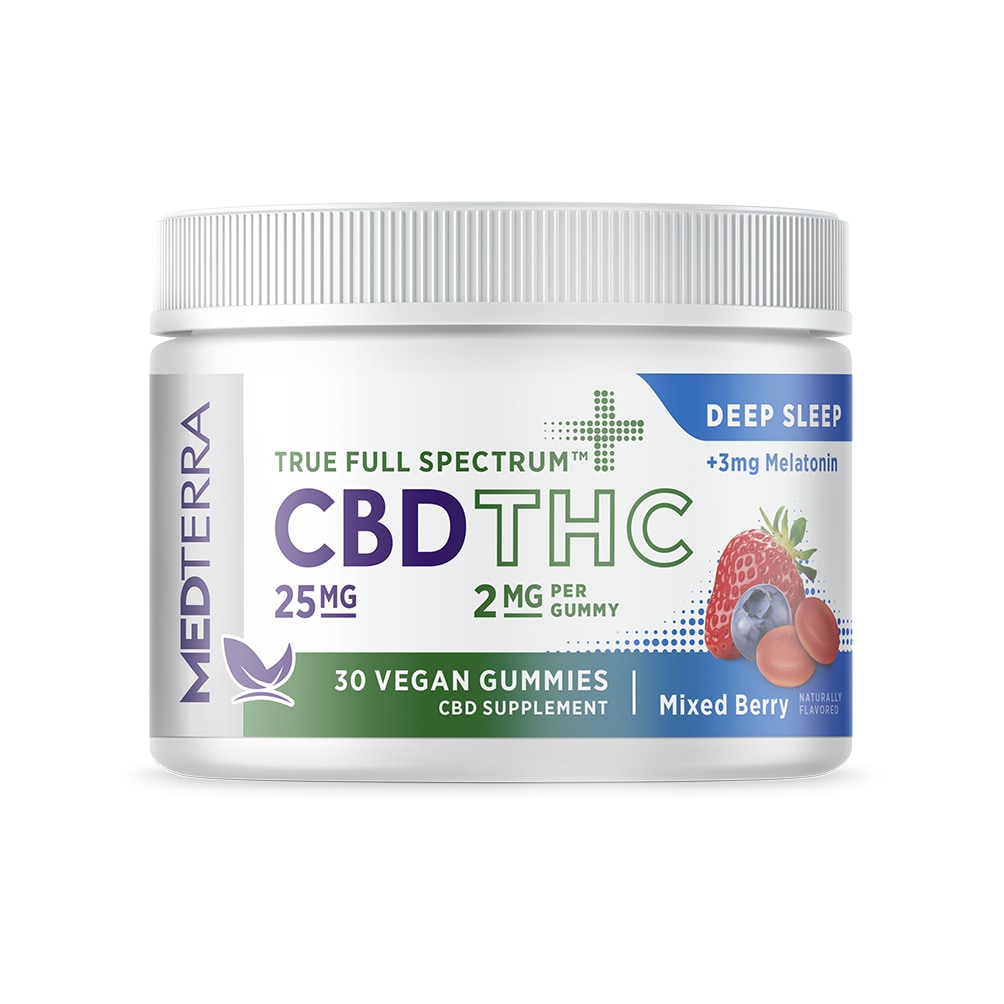

An additional 32-59.3% of participants suffering from “non-cancer chronic pain” were able to effectively substitute opioid drugs with medical cannabis. Additional Studies on Cannabis and Opioid AddictionĪs research access to cannabis continues to expand, scientists are learning more about the complex relationship between marijuana, opioid drugs, and pain relief.Ī 2020 publication in Systematic Reviews suggests that, based on its analgesic (pain-relieving) action, medical marijuana presents a practical option to help “reduce opiate addiction.” The study reviewed nine different publications involving over 7,000 test participants and found that medical cannabis use resulted in decreased opioid dosage by up to 75%. New York Health Authorities have also claimed that by adding opioid use to their state’s list of qualifying MMJ conditions, more individuals will begin to use marijuana as an effective form of pain relief, rather than illicit and/or prescription opioid-based medications. Data also suggest a decreased prevalence of opioid prescriptions in states offering legal MMJ access. In fact, according to the publication above via the New York Department of Health, marijuana is an “effective treatment for pain” that “reduces the chances of dependence and eliminates the risk of fatal overdose compared to opioid-based medications.”Īdditional research suggests that in states offering legal access to medical cannabis, opioid-related overdose deaths are as much as 25% lower compared to states that do not have marijuana programs. New York authorities also claim that medical marijuana “has the potential to help save countless lives across the state.”Īccording to experts, marijuana is an “effective treatment for pain” that “reduces the chances of dependence…”Ī variety of research studies and survey data support this notion. This has galvanized healthcare authorities in the state to advocate for the use of cannabis, claiming it “can reduce the use of opioids’‘ among both patients that are prescribed opioid drugs, and also illicit opioid drug users. In New York alone, opioid-related overdose deaths have increased by roughly 180% since 2010. In fact, the state of New York (along with several others) has offici ally listed opioid use as a qualifying condition for medical marijuana access. Numerous contemporary studies have showcased the potential for medical cannabis to help with opioid abuse and addiction. Others choose to begin using opioids as an escape Data on Medical Marijuana Use & Opioids

Some who become addicted began after they were prescribed prescription opioids for pain relief, for example after a serious injury.

By definition, opioid addiction is a physical addiction, meaning that once an individual gets started with the consumption of an opioid-derived drug, it becomes difficult for them to discontinue use due to physical symptoms. The causes of opioid abuse are greatly debatable and complex. In this article, we discuss relevant research on how medical marijuana can help those suffering from drug abuse, and how individuals can go about choosing the best strains for opioid addiction.įirst Things First: What Is Opioid Abuse?īy definition, opioid abuse is a reliance upon either prescription opioid-based medications (codeine, Vicodin, Ox圜ontin, Percocet, morphine and many others), or illegal/black market opioid derivatives, (primarily heroin and its variations). In recent years, an increasing amount of discussions have been taking place among the medical community about the use of cannabis to help treat opioid addiction – or more specifically, opioid use disorder. We know from research data, for example, that upwards of 30% of patients who are prescribed opioid painkillers end up misusing them.ĭiscussions have been taking place among the medical community about using cannabis to help treat opioid addiction. While these drugs are incredibly effective at treating pain, they are also dangerous, deadly, and addictive. heroin) as well as prescription opioid painkillers (i.e. According to the Centers for Disease Control and Prevention (CDC), nearly half a million people have died over the past two decades from an opioid-based drug overdose.


 0 kommentar(er)
0 kommentar(er)
